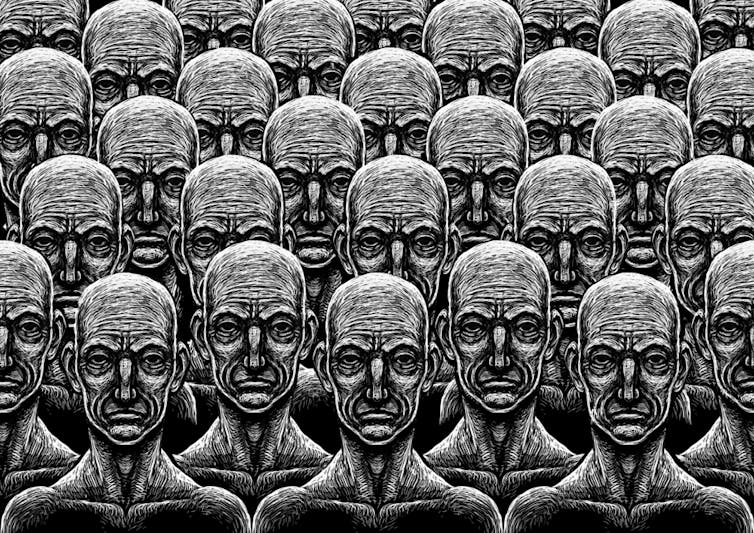
There is a common misunderstanding that human cloning is the replication of people. Rather, cloning is the replication of gene sets, analogous to when people produce twins.

According to the EU Charter of Fundamental Rights, human cloning should be illegal because “everyone has the right to respect for his or her physical and mental integrity”. The UK’s laws have to be in line with this – but only until Brexit. Fifteen years to the month since the death of Dolly the sheep in Edinburgh, it’s time to take this opportunity to reconsider the law.
The relevant UK legislation is the Human Fertilisation and Embryology Act (2008). Section three stipulates that it is a crime to place a human embryo in a woman unless it was created by the fertilisation of an egg from the ovaries of a woman by sperm from the testes of a man. Since human cloning creates embryos in a different way – replacing the nucleus of a human egg cell by DNA from a somatic cell, for instance – it is outlawed.
The EU charter’s concerns about people’s mental and physical integrity are not the only supposed justifications for criminalising human cloning. The European parliamentary resolution on human cloning from 1997 says it must be outlawed for being:
… contrary to the principle of equality of human beings as it permits a eugenic and racist selection of the human race, it offends against human dignity … [And] each individual has a right to his or her own genetic identity …
There is a common misunderstanding that human cloning is the replication of people. This goes to the heart of why it is seen as abhorrent. Rather, cloning is the replication of gene sets. It is analogous to when people produce twins, where the fertilised egg splits to create two embryos with the same, or virtually the same, DNA.

Just as “identical twins” have more or less identical gene sets, so would a clone.
Identical twins are not identical people. Each twin is unique, just like any other person. In the same way, the bodies and faces of human clones would not be precisely the same – and nor would their minds, personalities, opinions, tastes, appetites or preferences.
Like twins, clones would often make different choices when they were placed in similar circumstances. The only added difference would be that they would usually be younger than the person from whose body they were cloned by much more than the minutes or hours characteristic of twins.
Not Nazi
When you see things in this light, it is harder to understand how this would violate the “physical and mental integrity” of anyone involved. It seems obvious that twins have no more or less physical and mental integrity than people who are not twins. Why would it be different with clones?
Similarly, there seems no reason to suppose that we have a right to genetic uniqueness. It would be absurd to say that the existence of one member of a pair of twins is a violation of the right of the other one to genetic uniqueness.

Neither is there any reason to suppose cloning would facilitate a “eugenic” or “racist” selection of offspring any more than normal human reproduction with a chosen partner. It certainly need not do so. To ban it on this suggested ground seems whimsical and irrational.
I would say the same about the idea that it “offends human dignity”. Whose human dignity would be protected by such a ban? The human dignity of people who want and permit their bodies to be cloned? The human dignity of people who would not be born was it not for cloning?
![]() People should be respected as people regardless of the biological derivation history of their embryos. We should repeal the UK legislation against human cloning and think very carefully about whether, how and why we should replace it.
People should be respected as people regardless of the biological derivation history of their embryos. We should repeal the UK legislation against human cloning and think very carefully about whether, how and why we should replace it.
Hugh McLachlan, Professor Emeritus of Applied Philosophy, Glasgow Caledonian University
This article was originally published on The Conversation. Read the original article.

